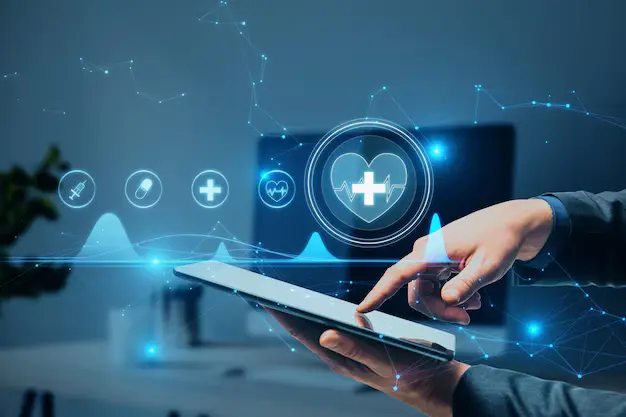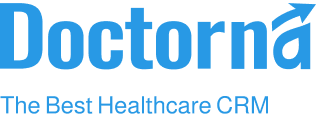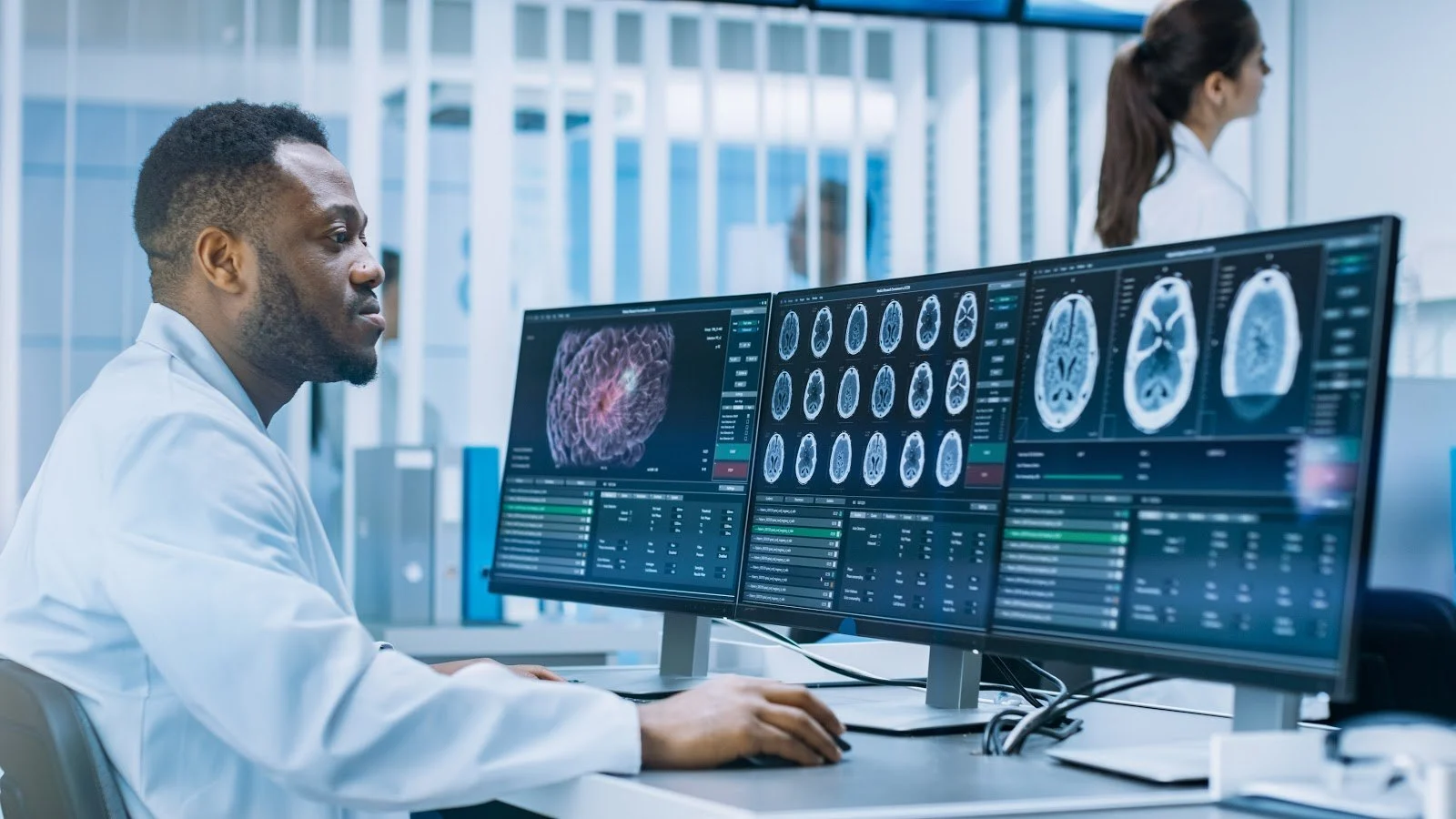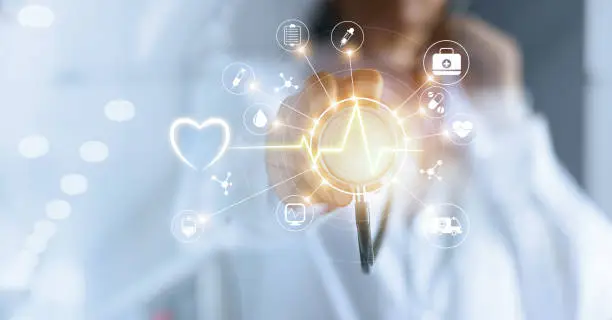In the modern healthcare landscape, patient communication has become just as important as medical expertise. Hospitals, clinics, and healthcare providers are realizing that seamless, real-time communication plays a vital role in improving patient satisfaction, retention, and overall care quality. One of the most effective tools revolutionizing this interaction is WhatsApp integration within Healthcare CRMs (Customer Relationship Management systems).
With over two billion active users worldwide, WhatsApp is more than just a messaging app—it’s a powerful communication channel that connects people instantly. When integrated into healthcare CRMs, it can transform the way medical professionals engage with patients, manage appointments, and deliver critical updates. Let’s explore how WhatsApp integration is reshaping patient relationship management in healthcare.
1. Streamlined Communication Between Patients and Providers
Traditionally, healthcare communication relied on phone calls, emails, and manual follow-ups, which often led to delays and inefficiencies. WhatsApp integration within healthcare CRMs bridges this gap by enabling real-time, two-way communication between patients and healthcare staff.
Through WhatsApp, patients can easily book appointments, receive reminders, ask questions, or share updates about their condition—all through a familiar and user-friendly platform.
For healthcare providers, integrating WhatsApp into the CRM ensures that all conversations are recorded and organized within patient profiles. This not only enhances communication efficiency but also ensures that no message or inquiry gets lost.
2. Improved Appointment Scheduling and Reminders
Missed appointments are a common challenge for healthcare organizations. They disrupt schedules, waste resources, and delay patient care. WhatsApp integration provides an effective solution by automating appointment confirmations, reminders, and follow-ups.
When linked with a Healthcare CRM, WhatsApp can automatically send personalized reminders about upcoming consultations, lab results, or prescription renewals. Patients can even confirm or reschedule their appointments instantly through the same chat.
This automation reduces administrative workload, minimizes no-show rates, and ensures a smoother scheduling process—benefiting both patients and healthcare providers.
3. Enhanced Patient Engagement and Experience
In today’s digital world, patients expect convenience, accessibility, and quick responses. WhatsApp integration helps healthcare providers meet these expectations by enabling personalized engagement.
For instance, hospitals and clinics can use automated WhatsApp messages to share post-treatment care instructions, medication reminders, or wellness tips. Patients can also send updates, such as progress photos or symptoms, directly to their doctors.
Because WhatsApp is already a trusted communication platform for most users, it increases patient comfort and responsiveness. This personal touch fosters stronger relationships and improves patient satisfaction.
4. Secure and Compliant Communication
One of the biggest concerns in healthcare communication is data privacy and compliance. Patients share sensitive information that must be protected under regulations like HIPAA (Health Insurance Portability and Accountability Act) and GDPR (General Data Protection Regulation).
Modern WhatsApp integrations for Healthcare CRMs address this issue by offering end-to-end encryption and secure messaging APIs. Healthcare providers can ensure that patient conversations remain private, protected, and compliant with data protection laws.
Additionally, using verified business accounts provides patients with confidence that they are communicating with legitimate medical professionals, enhancing trust and credibility.
5. Real-Time Notifications and Critical Alerts
In the healthcare sector, timely communication can make a significant difference. WhatsApp integration allows hospitals and clinics to send real-time notifications and alerts directly to patients’ phones.
For example, patients can receive instant updates about lab test results, emergency advisories, or doctor availability. Similarly, healthcare staff can get alerts about patient check-ins, cancellations, or urgent requests.
By syncing these updates through the Healthcare CRM, all team members stay informed, improving coordination and response times—critical factors in effective patient care.
6. Simplified Feedback Collection and Patient Reviews
Collecting feedback is essential for improving healthcare services. However, traditional surveys or follow-up calls often go unanswered. WhatsApp offers a more convenient and engaging way to collect patient feedback after appointments or treatments.
Through CRM automation, healthcare organizations can send short surveys or rating requests directly through WhatsApp. Patients are more likely to respond since it’s a platform they already use daily.
This real-time feedback helps hospitals and clinics identify service gaps, measure patient satisfaction, and continuously improve their care delivery.
7. Multi-Channel Integration for Better Workflow
When WhatsApp is integrated into a Healthcare CRM, it becomes part of a unified communication ecosystem. This integration allows healthcare professionals to manage multiple channels—such as SMS, email, phone calls, and WhatsApp—from one centralized dashboard.
For instance, if a patient books an appointment via WhatsApp, the CRM automatically updates the schedule, triggers reminders, and records the conversation. This multi-channel synchronization streamlines workflow, reduces manual entry, and ensures consistency across all touchpoints.
Additionally, the data gathered from these interactions can be analyzed to gain valuable insights into patient behavior and communication trends.
8. Personalized Marketing and Preventive Care Campaigns
Beyond day-to-day communication, WhatsApp integration can also enhance healthcare marketing and preventive care initiatives. Using CRM data, healthcare providers can segment their audience and send targeted messages such as vaccination drives, health checkup reminders, or wellness campaigns.
For example, a clinic can send a message like, “It’s time for your annual dental check-up—book your appointment today!” Personalized messages like these improve engagement and encourage patients to take proactive steps toward better health.
With WhatsApp’s high open rates—often exceeding 90%—healthcare providers can ensure that their important messages are actually seen and acted upon.
9. Cost-Effective and Scalable Communication Solution
WhatsApp integration is not just effective—it’s also cost-efficient. Compared to traditional communication methods like phone calls or SMS, WhatsApp offers a more affordable and scalable solution for patient interaction.
Healthcare organizations can automate repetitive tasks like appointment reminders, test updates, or payment confirmations, freeing up staff time for more critical activities. As patient bases grow, the integration scales effortlessly without requiring major infrastructure changes.
This balance of cost efficiency and scalability makes WhatsApp integration an ideal choice for healthcare providers looking to modernize their communication systems.

Conclusion
The integration of WhatsApp into Healthcare CRMs marks a significant step forward in the digital transformation of the healthcare industry. By merging the convenience of WhatsApp with the intelligence of CRM systems, healthcare providers can enhance patient communication, streamline operations, and deliver personalized care at scale.
From appointment scheduling and secure messaging to real-time alerts and feedback collection, the benefits are undeniable. As healthcare organizations continue to embrace digital innovation, WhatsApp integration will play a pivotal role in improving efficiency, building trust, and ultimately transforming patient relationships for the better.
In a world where instant communication defines success, WhatsApp integration isn’t just an upgrade—it’s the future of connected healthcare.







